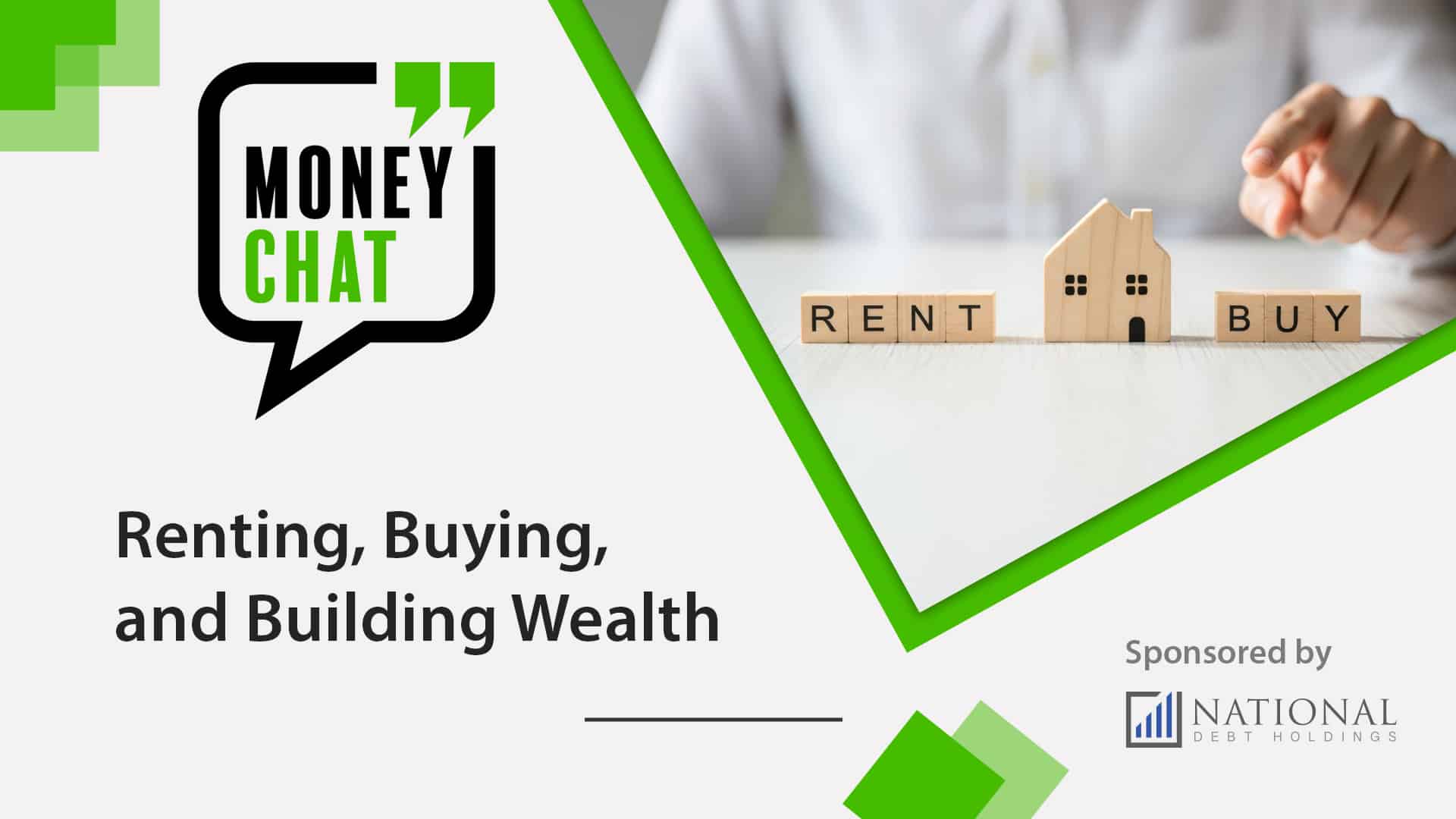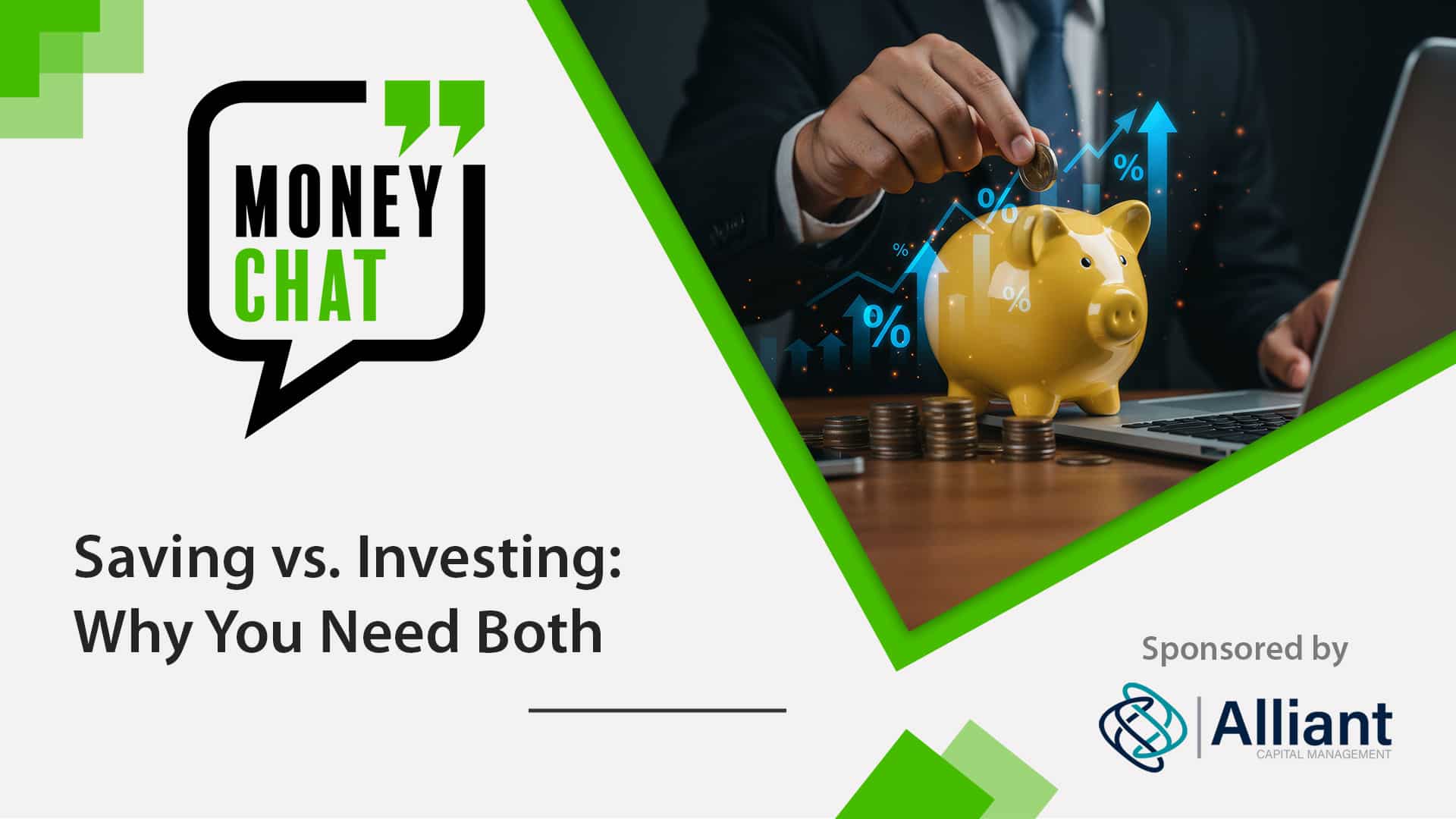
Renting, Buying, and Building Wealth: How to Choose What’s Right for You
With home prices climbing, interest rates fluctuating, and rent costs hitting new highs, many consumers are asking one big question: Should I rent or buy?
There’s no one-size-fits-all answer, but understanding the financial pros and cons of both options can help you make the right decision for your goals, lifestyle, and long-term wealth. From monthly expenses to investment potential, let’s break down the key financial factors to consider before signing a lease or a mortgage.
Homeownership vs. Renting: What the Data Says in 2025
Owning a home has long been viewed as a major milestone and a sign of financial success, but it comes with significant responsibilities and upfront costs. Renting, on the other hand, offers more flexibility and lower barriers to entry, but doesn’t build equity.
Here are some of the latest stats:
- U.S. median home price (2025): $431,000 (National Association of Realtors)
- Average 30-year fixed mortgage rate: 6.7% (Freddie Mac, October 2025)
- National median rent (1-bedroom apartment): $1,510/month (Zillow, 2025)
- Homeownership rate in the U.S.: 65.9% (U.S. Census Bureau)
- In 45 of the 50 largest U.S. metro areas, renting is more affordable than buying when considering all housing-related costs
The Financial Benefits of Buying a Home
Buying a home can be a powerful way to build long-term wealth, especially if you plan to stay put for several years.
Equity and Appreciation
When you pay a mortgage, a portion of each payment goes toward owning more of your home; this is called equity. Plus, home values often rise over time. For example, a $300,000 home appreciating at 3.5% annually could be worth over $590,000 after 20 years.
Predictable Housing Costs
With a fixed-rate mortgage, your principal and interest payments stay the same over time, unlike rent, which tends to increase year after year.
Tax Benefits
Homeowners may qualify for tax deductions on mortgage interest and property taxes, which can help reduce the overall cost of ownership.
Forced Savings
Owning a home encourages consistent monthly payments toward an appreciating asset, similar to an automatic savings plan.
The Financial Flexibility of Renting
While renting doesn’t build equity, it can offer financial flexibility and fewer obligations, particularly for individuals who are just starting out or unsure about staying in one place.
Lower Upfront Costs
Renting typically requires a security deposit and first and last month’s rent, while buying a home involves a down payment (often 5–20% of the home’s value), closing costs, and inspection fees.
No Maintenance Costs & Greater Mobility
Landlords handle repairs, maintenance, and property taxes, removing surprise expenses from your budget.
Meanwhile, Renters can relocate more easily for career changes, family needs, or cost-of-living adjustments without the complexity of selling a home.
Lower Monthly Costs in Most Cities
According to 2025 data from Zillow, renting is cheaper than buying in the vast majority of large metro areas when factoring in mortgage payments, taxes, insurance, and maintenance.
Investing While Renting: Can It Beat Buying a Home?
One increasingly popular strategy is to rent and invest the money you would’ve spent on homeownership into the stock market or other diversified investments.
Investing the Down Payment
Let’s say you have $60,000 saved for a down payment. If you invest that amount in a diversified index fund with a 7% average annual return (after inflation), it could grow to over $230,000 in 20 years.
Investing Monthly Savings
If renting saves you $500/month compared to owning, and you invest those savings consistently, your long-term returns could outpace the equity gained through homeownership, as long as you stick to the plan.
Historical average annual returns:
- Stock market (S&P 500): ~10% before inflation / ~7% after
- Real estate appreciation: ~4% (varies by location)
Liquidity and Diversification
Investments are generally more liquid than home equity and can be spread across multiple asset classes, lowering risk.
Risks and Trade-Offs
Renting and Investing
- Requires discipline to consistently invest the savings
- Rent prices can increase yearly, affecting long-term affordability
- No equity or asset value at the end of the lease
Buying a Home
- Property values can decline depending on market conditions
- Home maintenance and repairs can be unpredictable and costly
- Less financial liquidity, as equity is tied up in the home
What’s Right for You?
There’s no universal answer to the rent vs. buy debate; it depends on your personal circumstances.
If you value stability, long-term equity, and plan to stay in one place, homeownership may be a smart move. If you prefer flexibility, lower upfront costs, or want to prioritize investing in the stock market, renting may offer greater returns—if you’re financially disciplined.
Before making your decision, review your budget, evaluate your goals, and think about the next 5–10 years of your life. Whether you rent or buy, the key is to make your money work for you—intentionally and consistently.
Have an idea for a Money Chat topic?
We want to hear from you! If you have a suggestion for a future Money Chat topic, please email us at [email protected].
The information contained in this article is meant to serve as general guidance for consumers and is not meant to serve as comprehensive financial advice. For questions about your individual circumstance, finances, or accounts, please contact your creditor(s) and/or financial advisor directly.
Thank you to our sponsor, National Debt Holdings, LLC
National Debt Holdings (NDH) is a client-centric receivables management firm assisting creditors with improving their cash flow performance from account portfolios. Our team of professionals strives to provide meaningful personal relationships and develop customized financial solutions that create success for everyone while protecting the brand and reputation of clients. National Debt Holdings is headquartered in Ft. Lauderdale, FL, and is an RMAI Certified Receivables Business.





